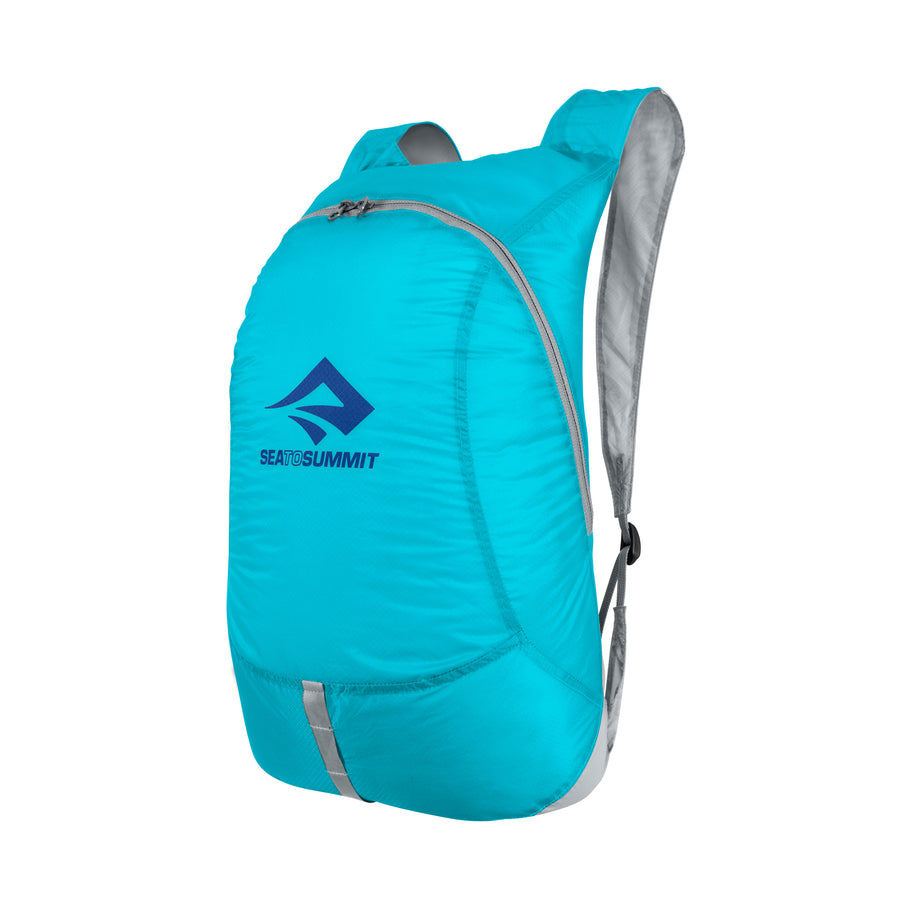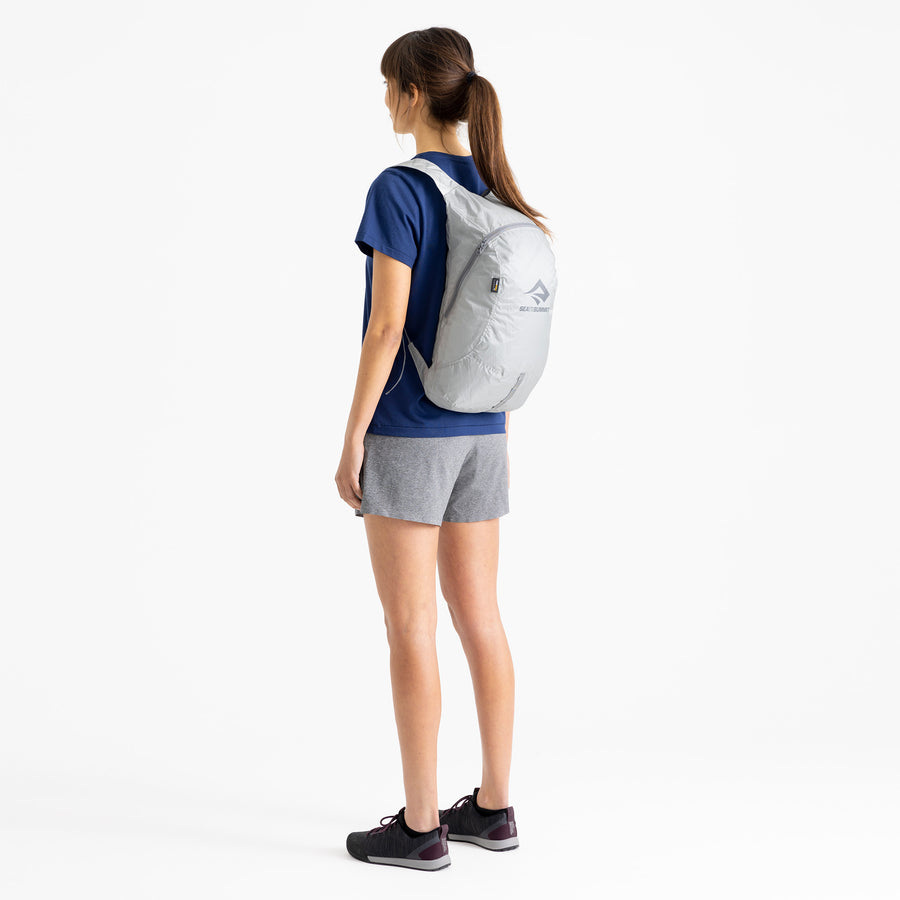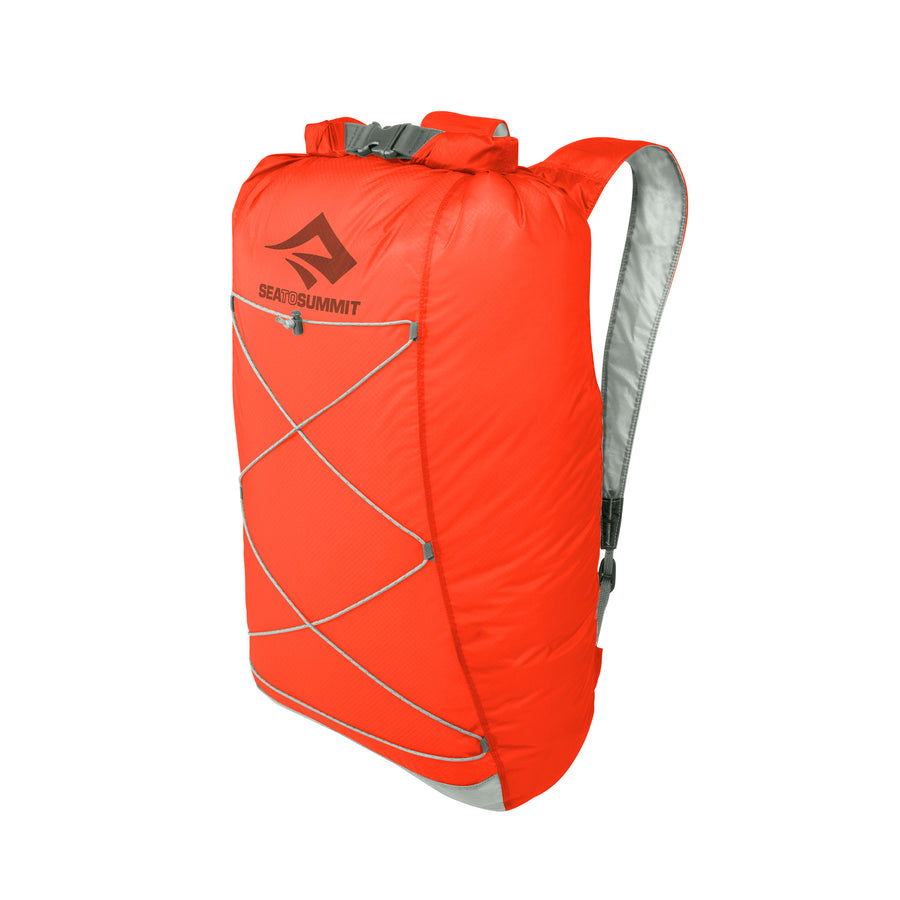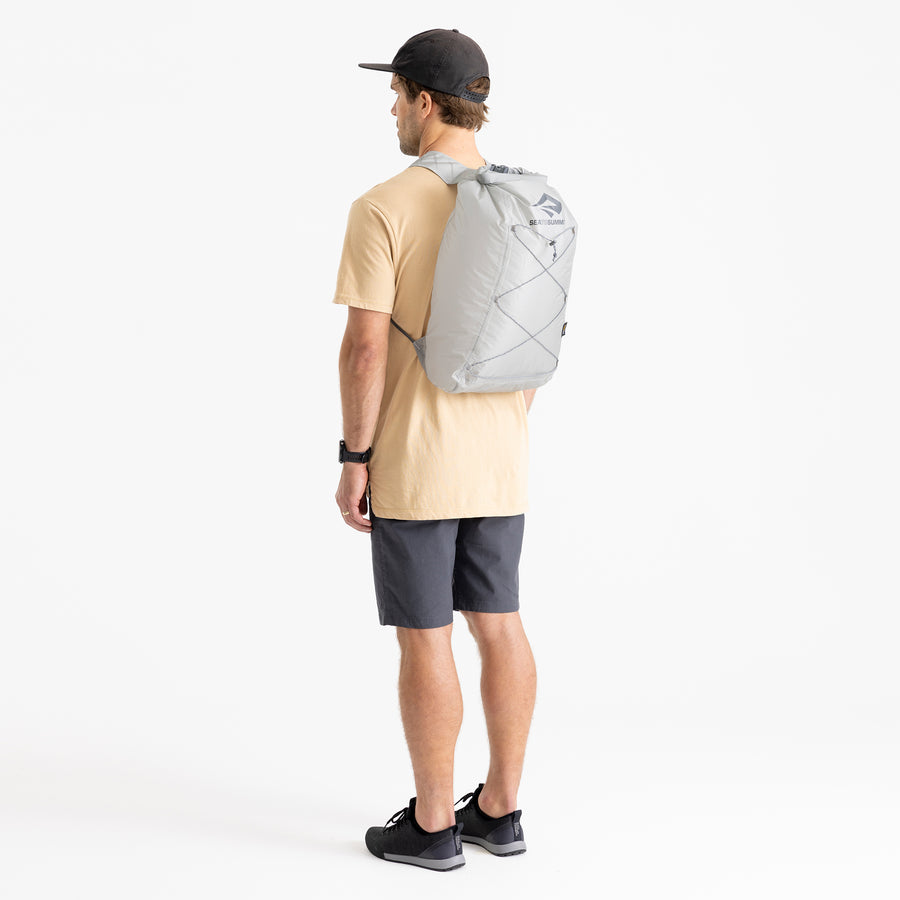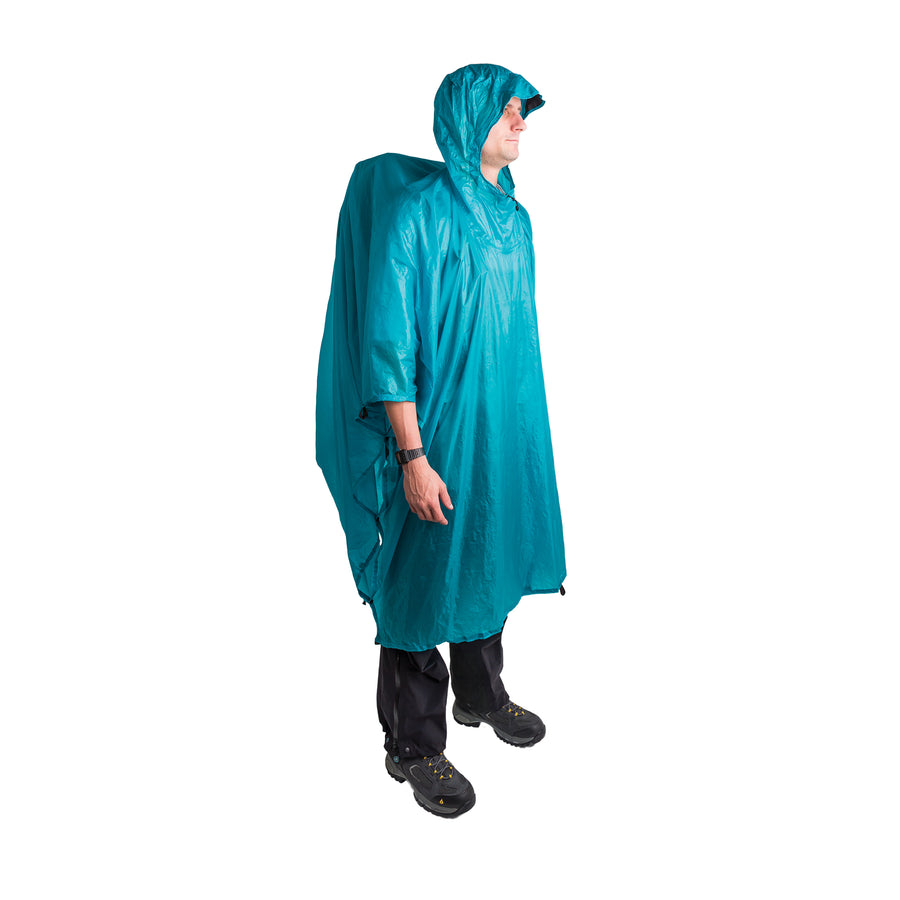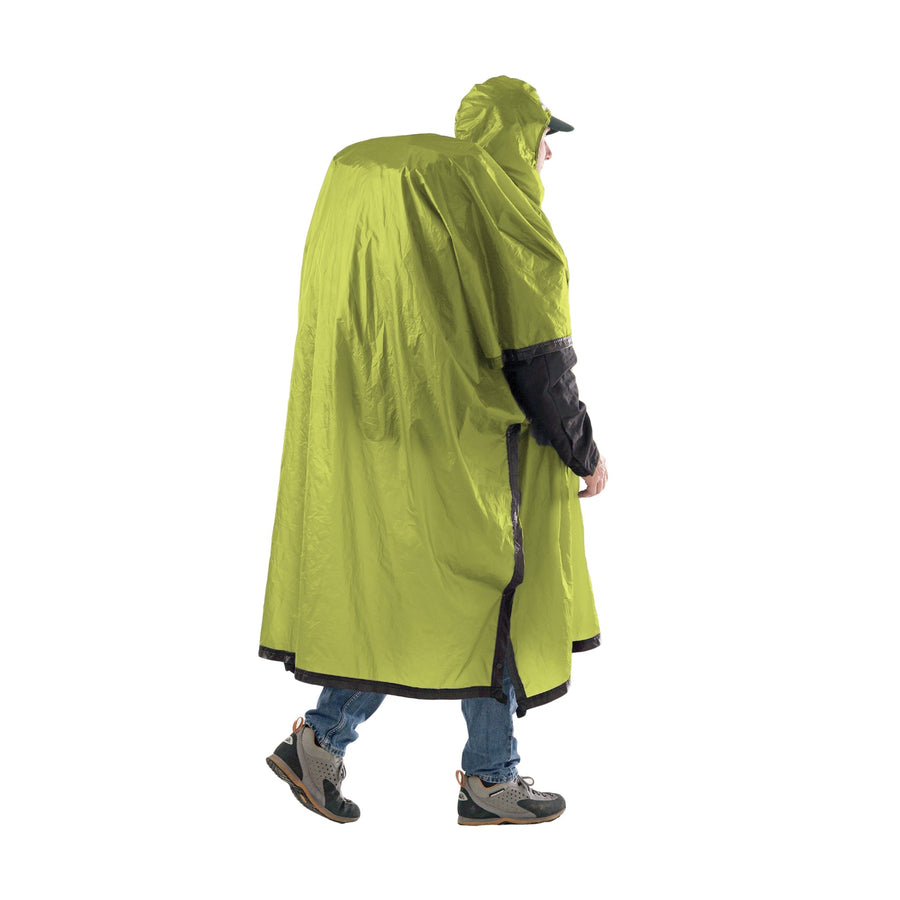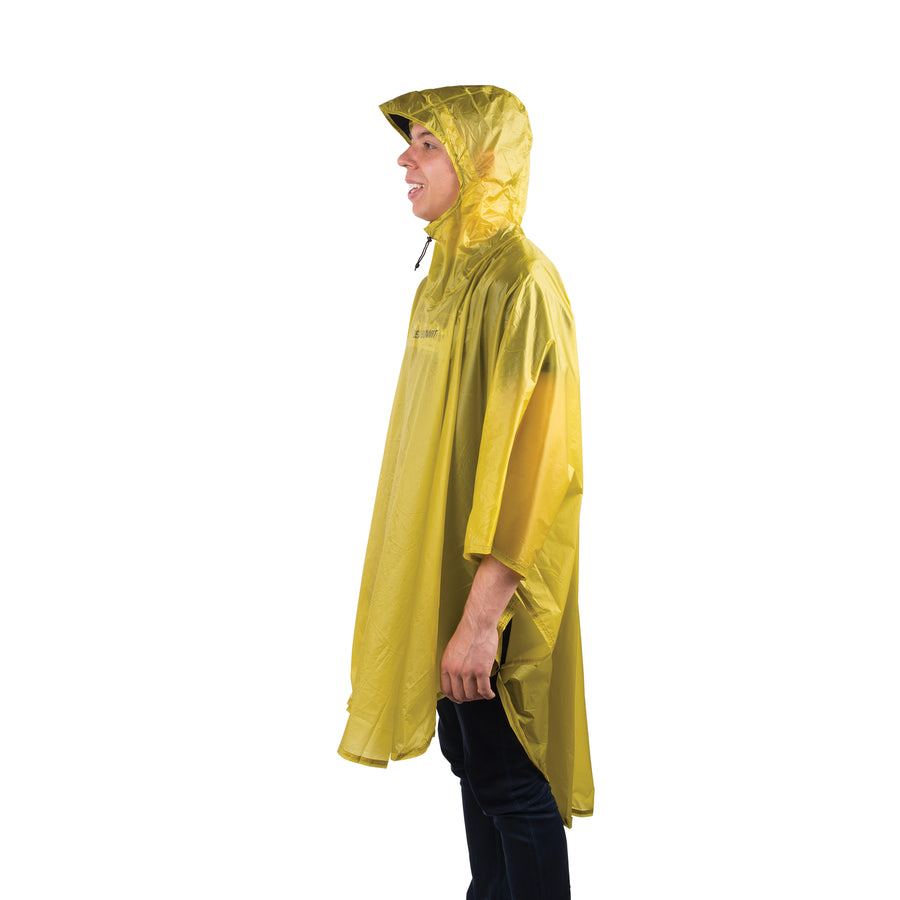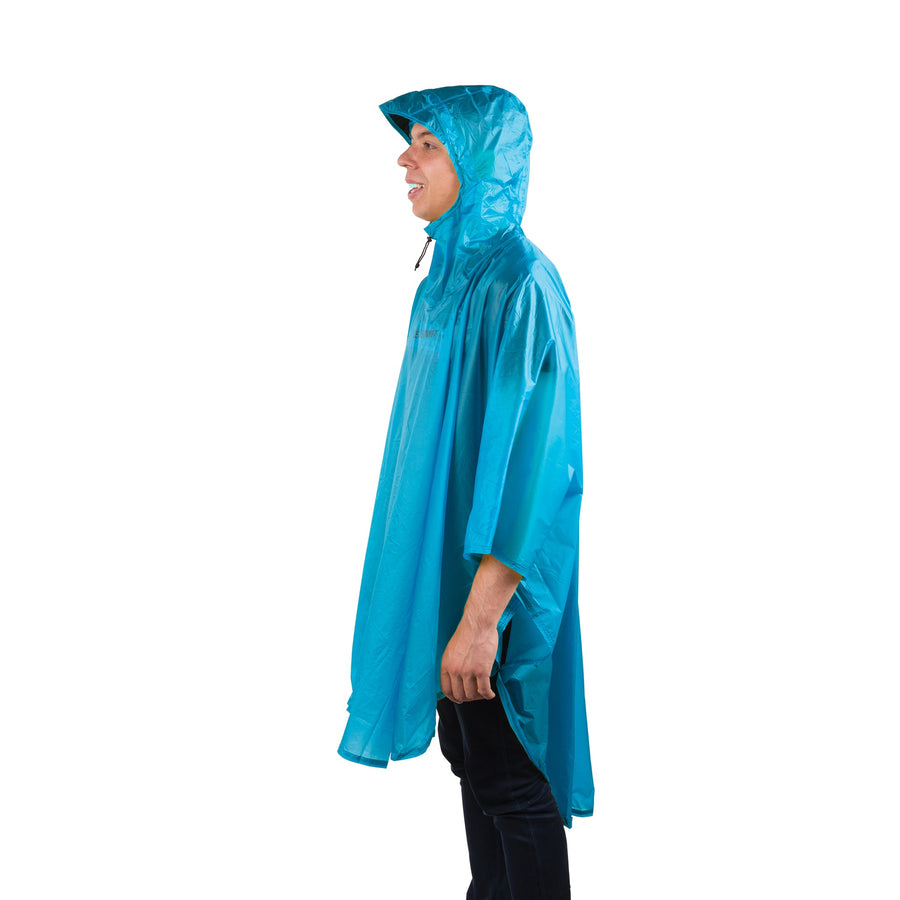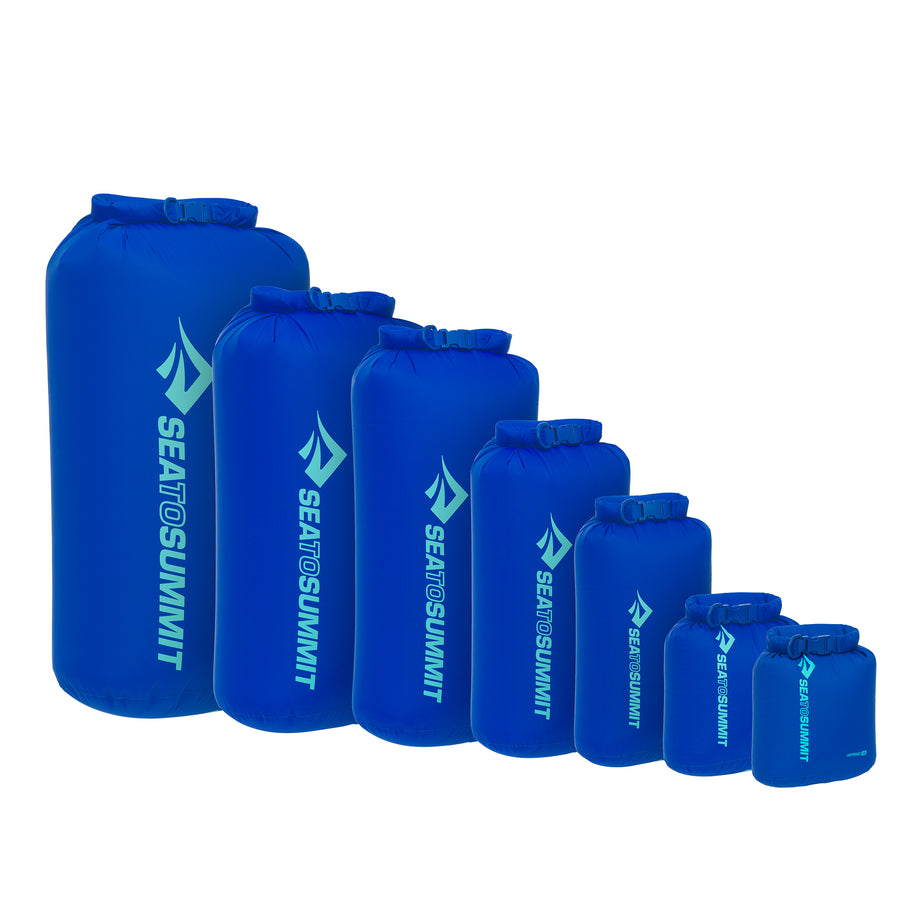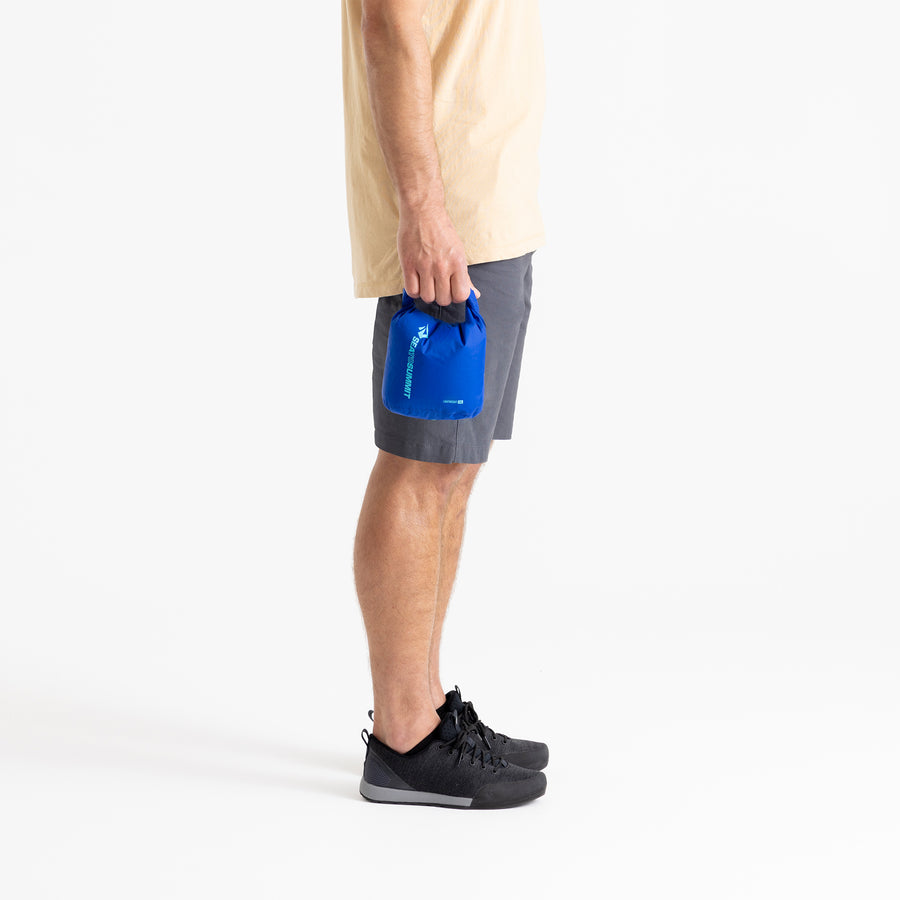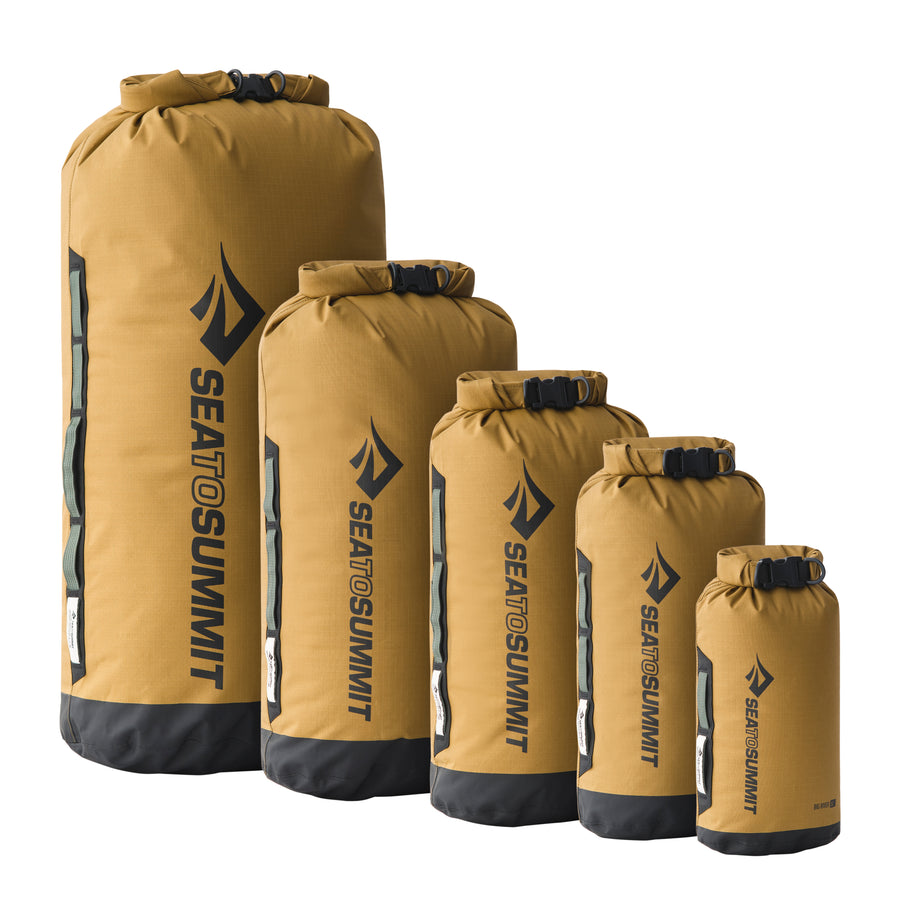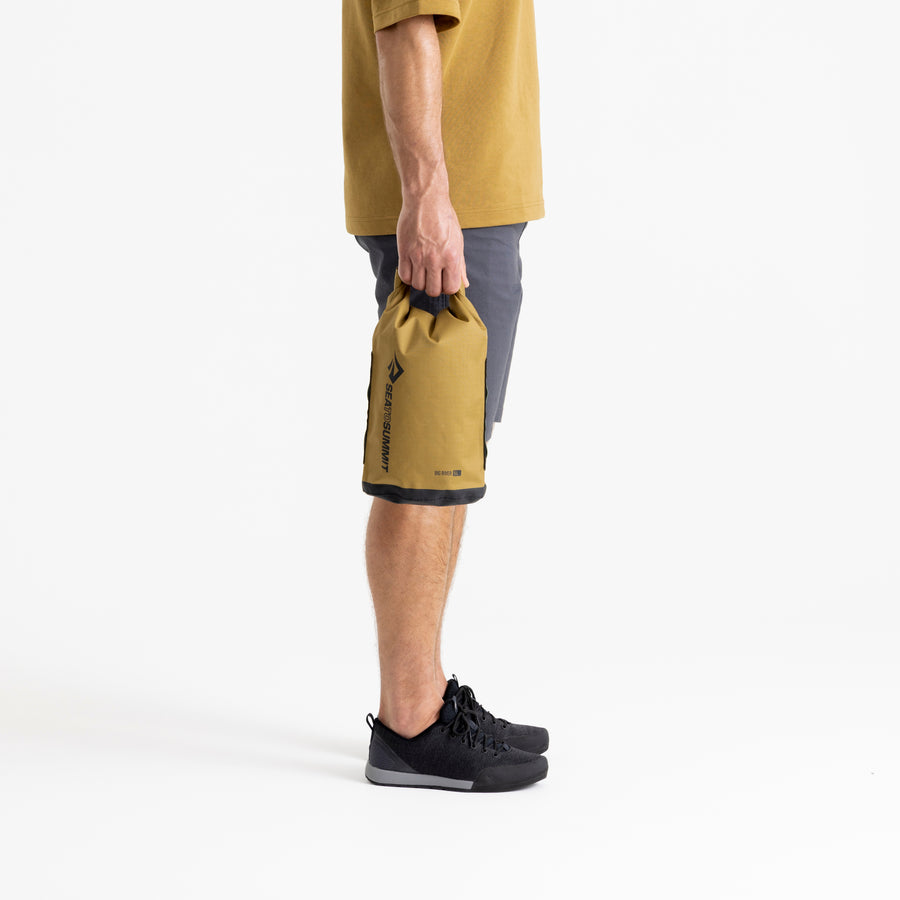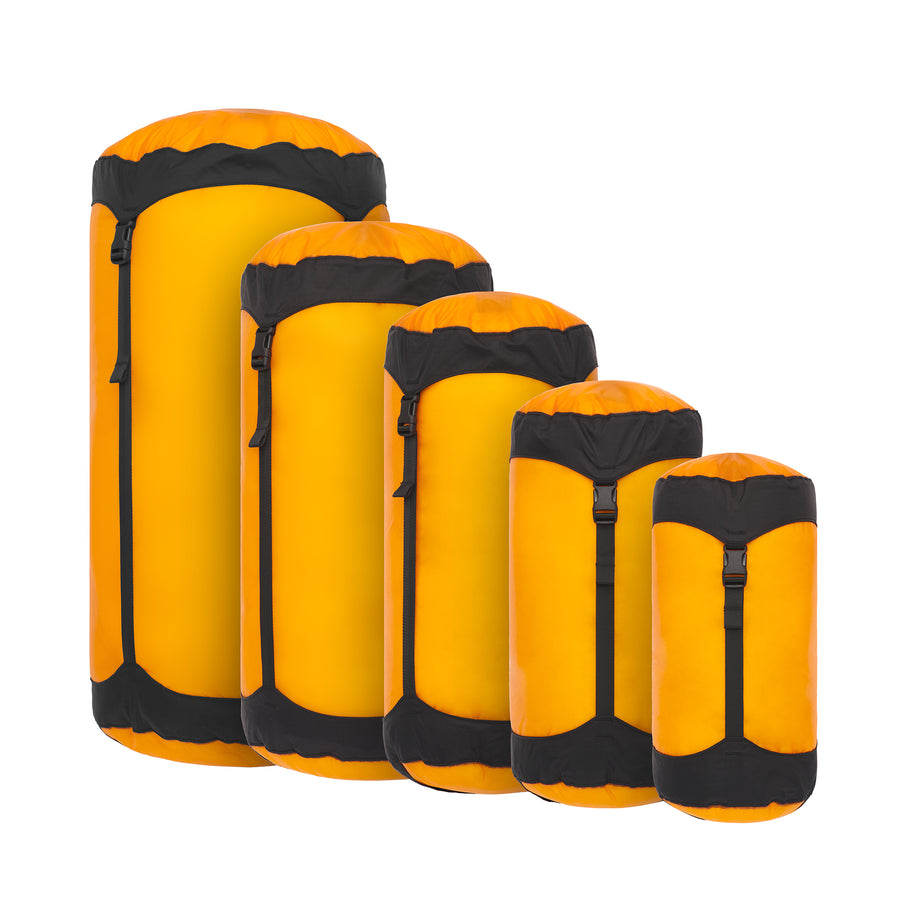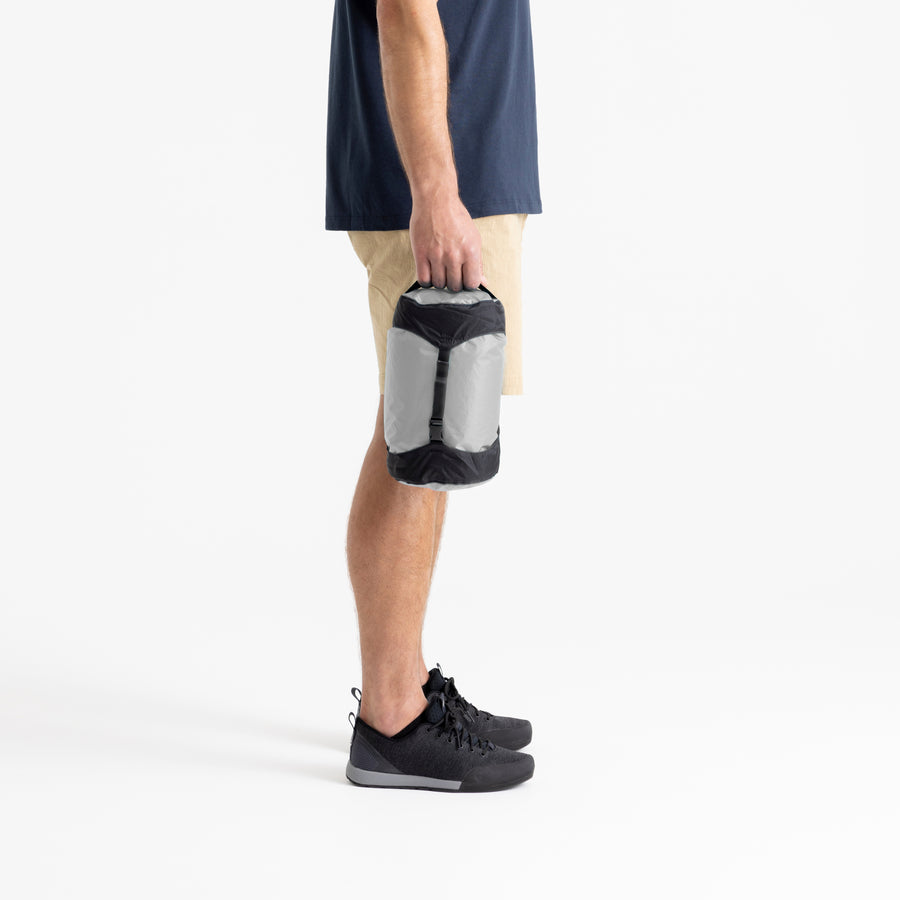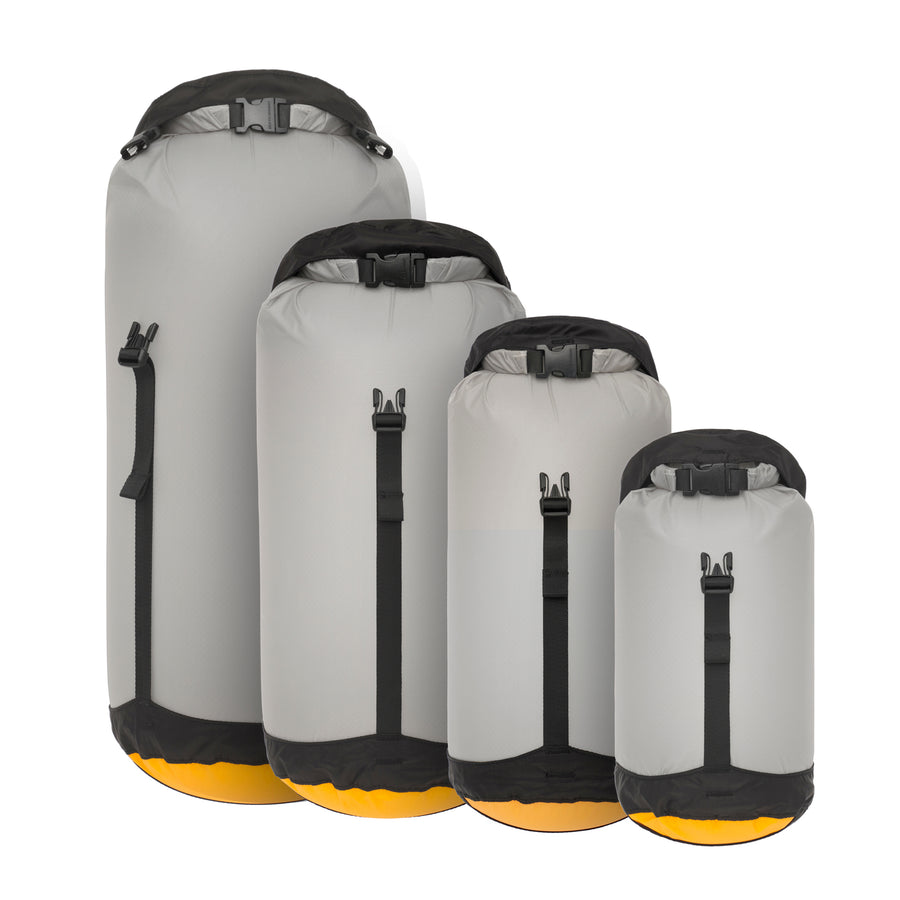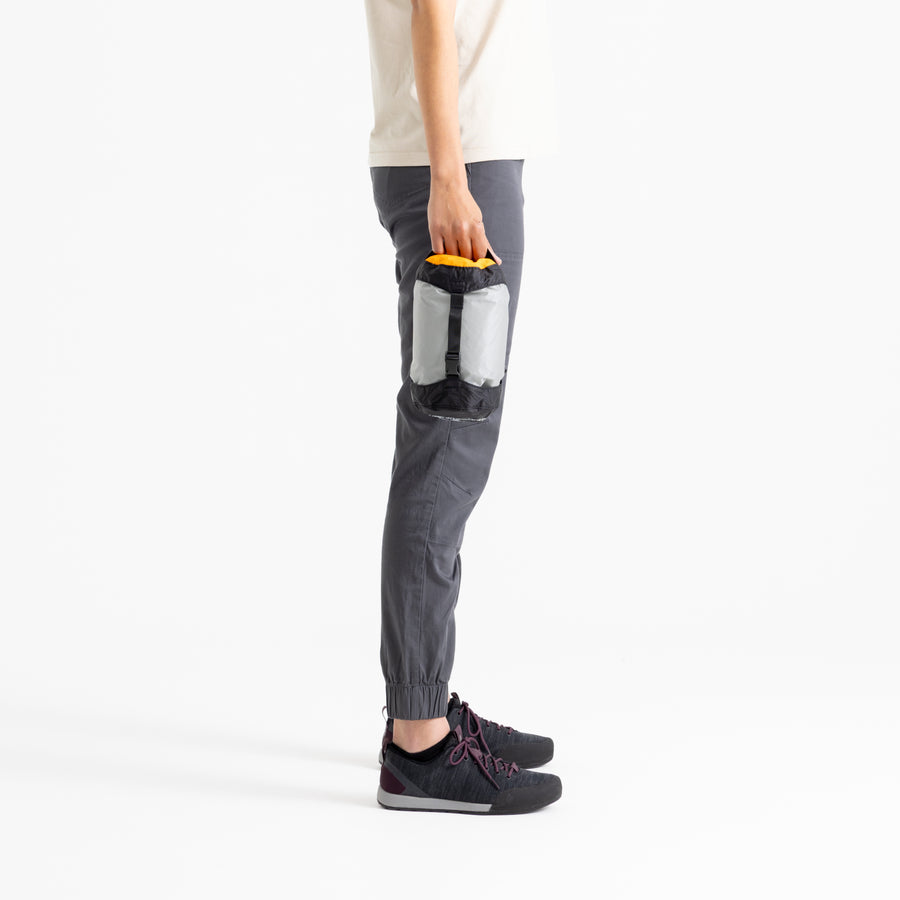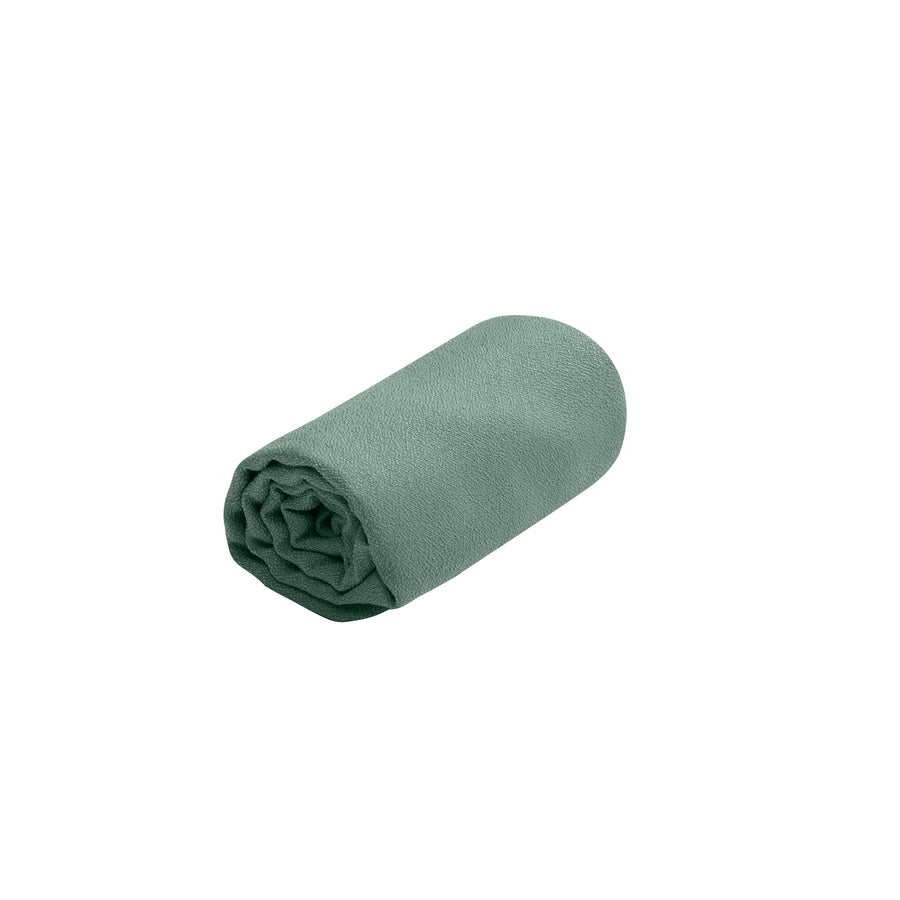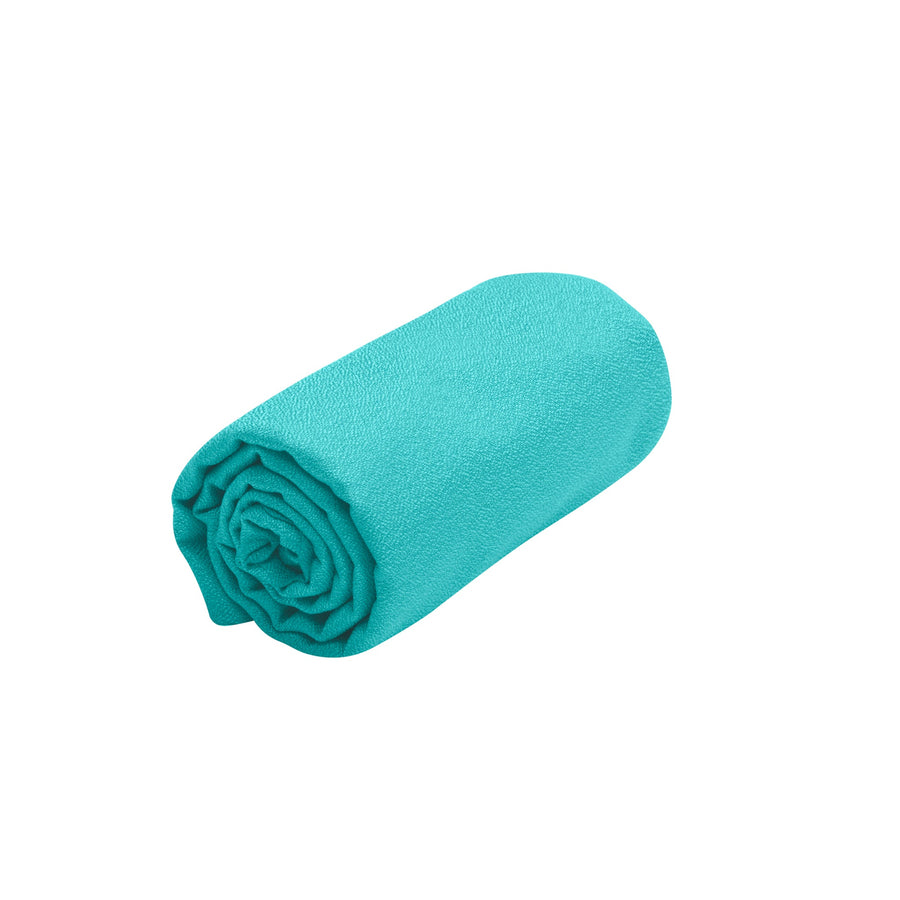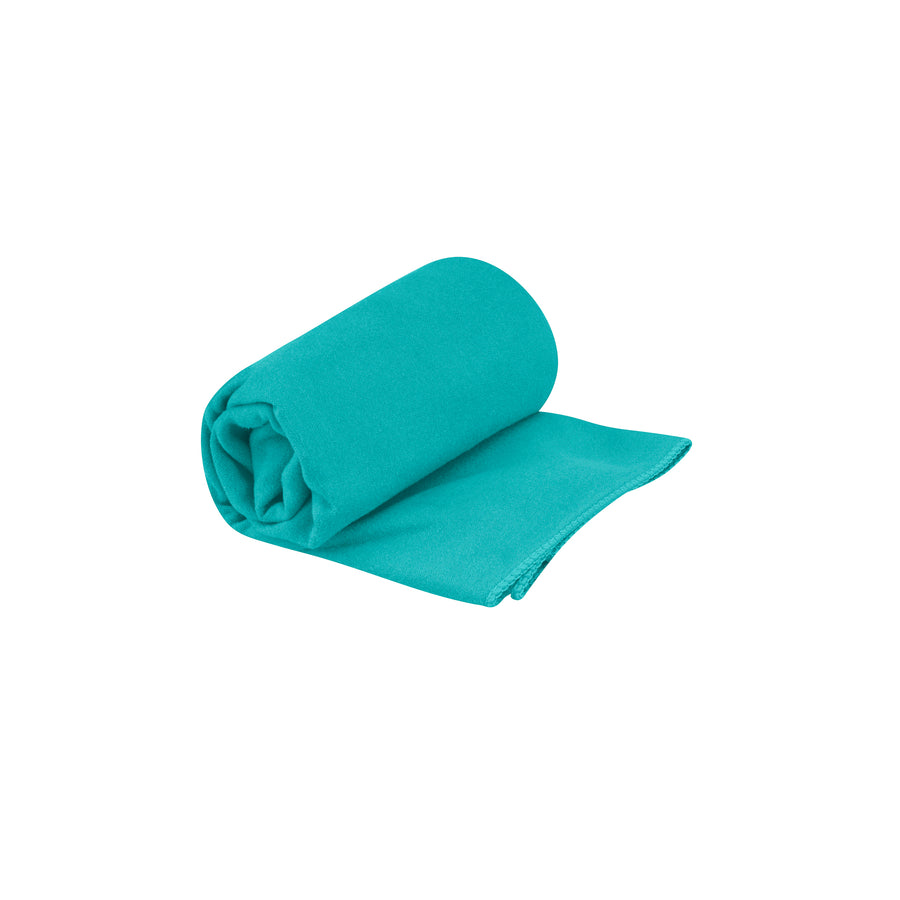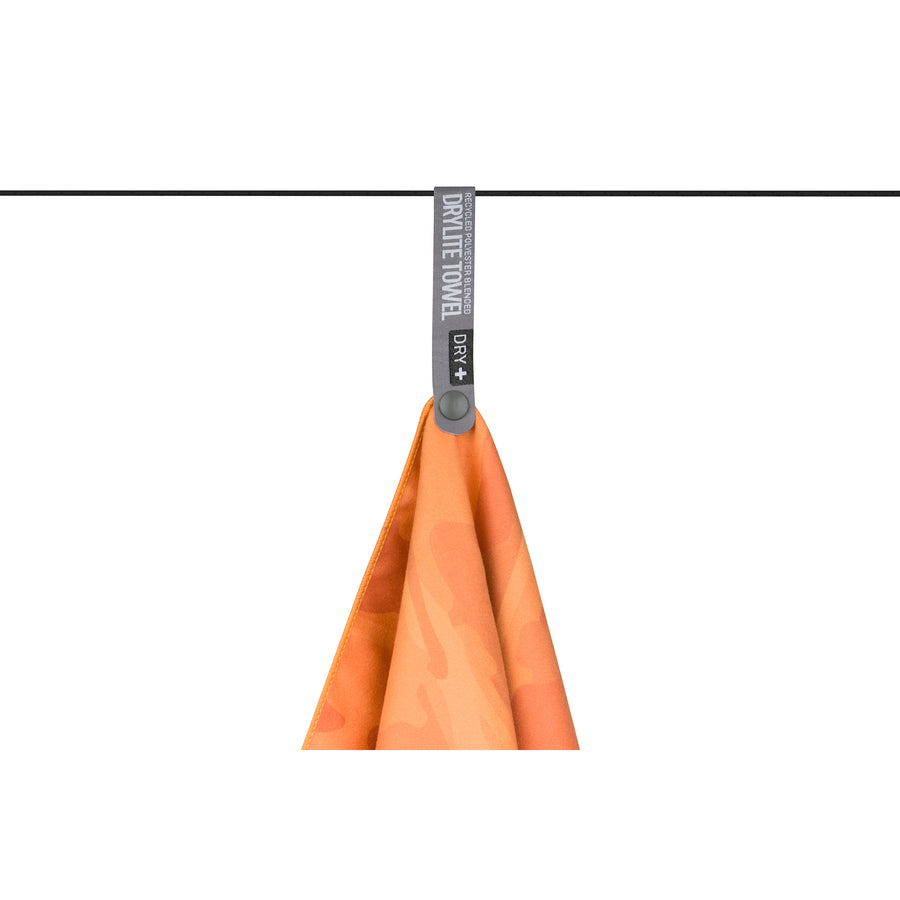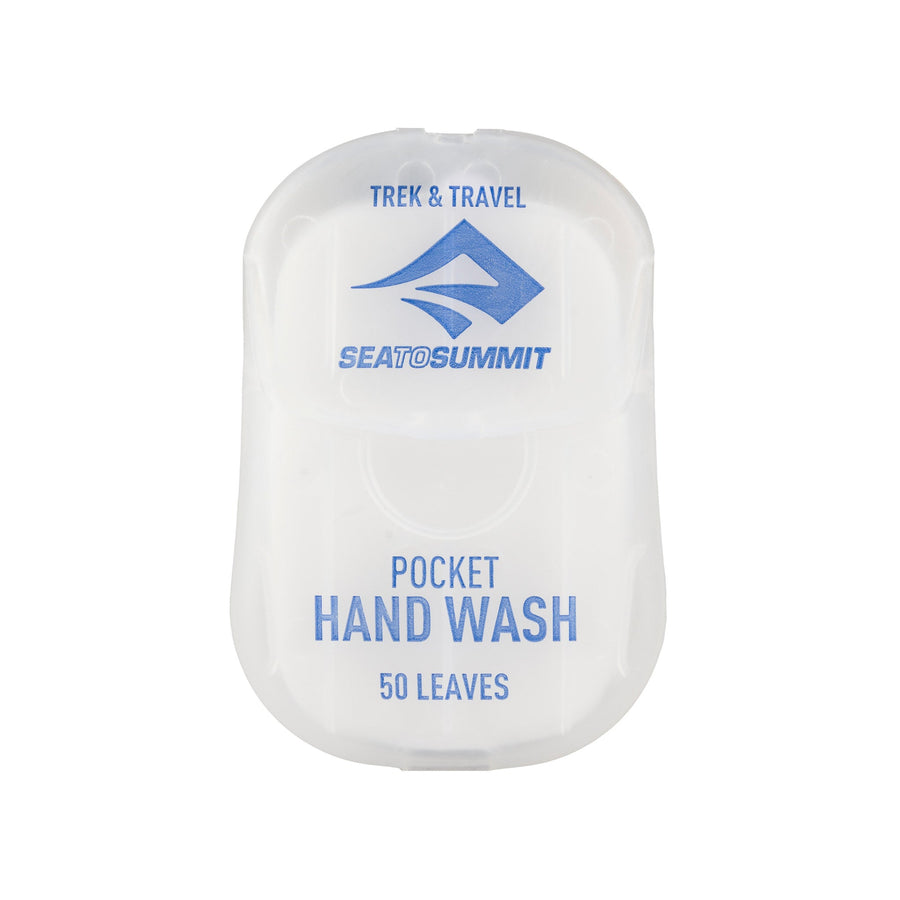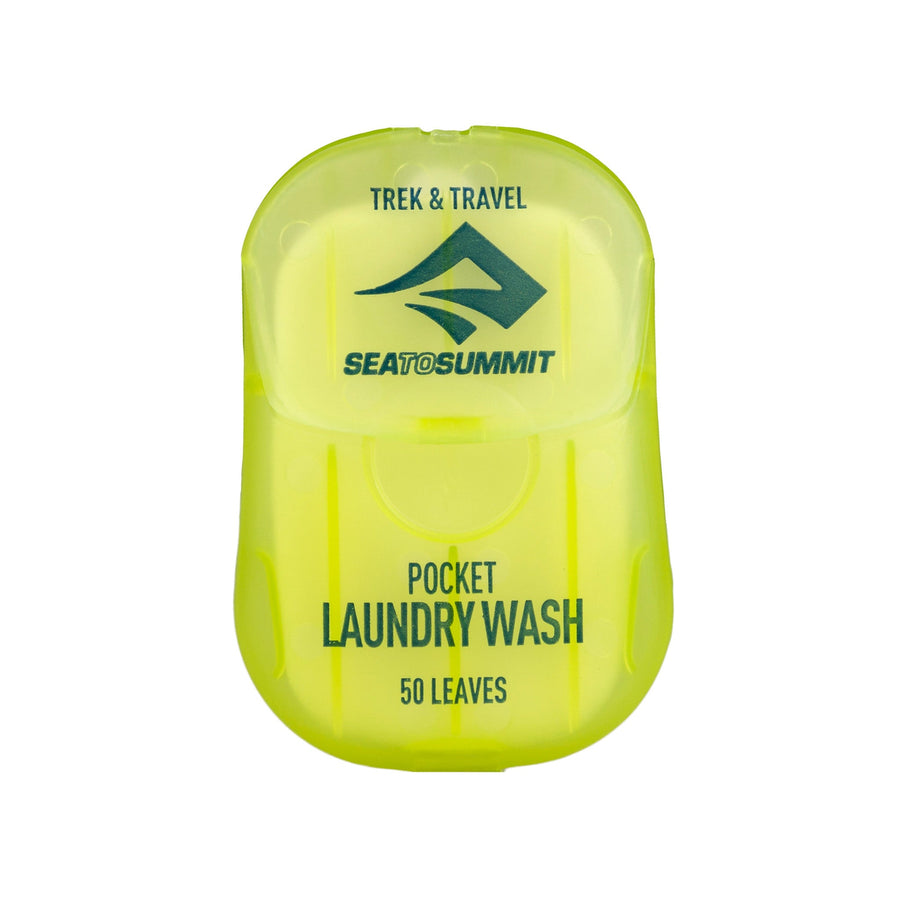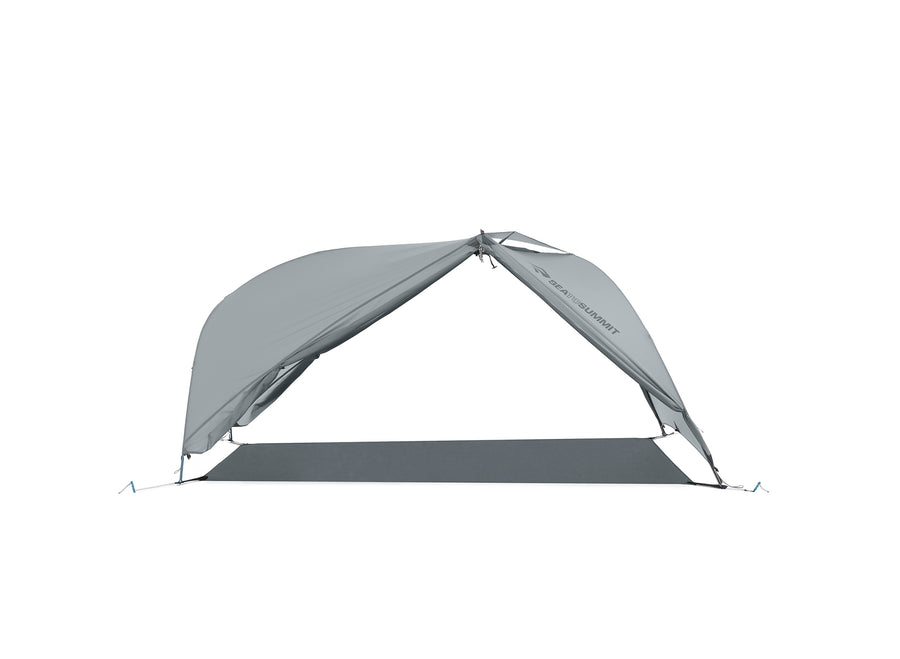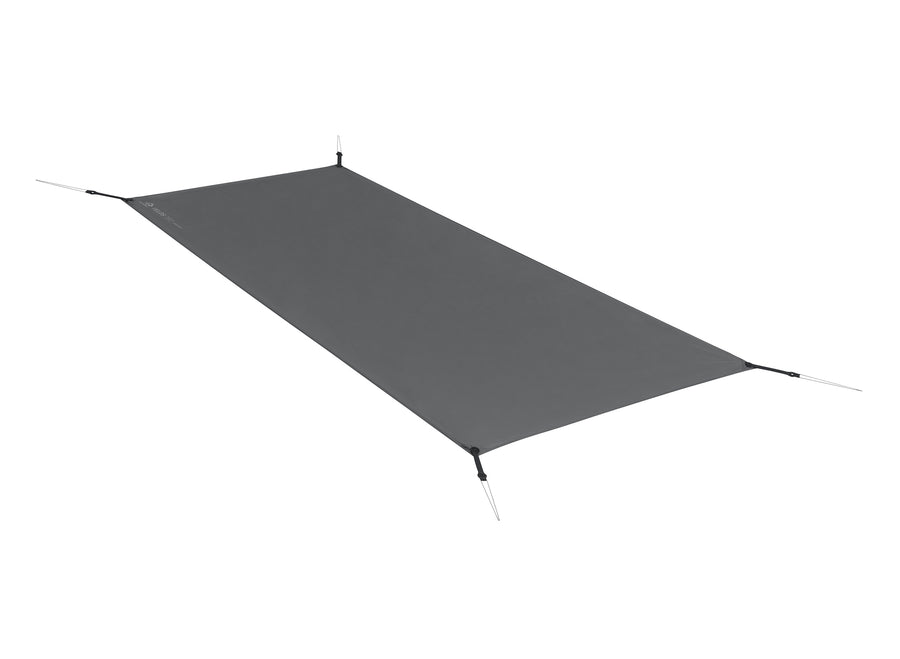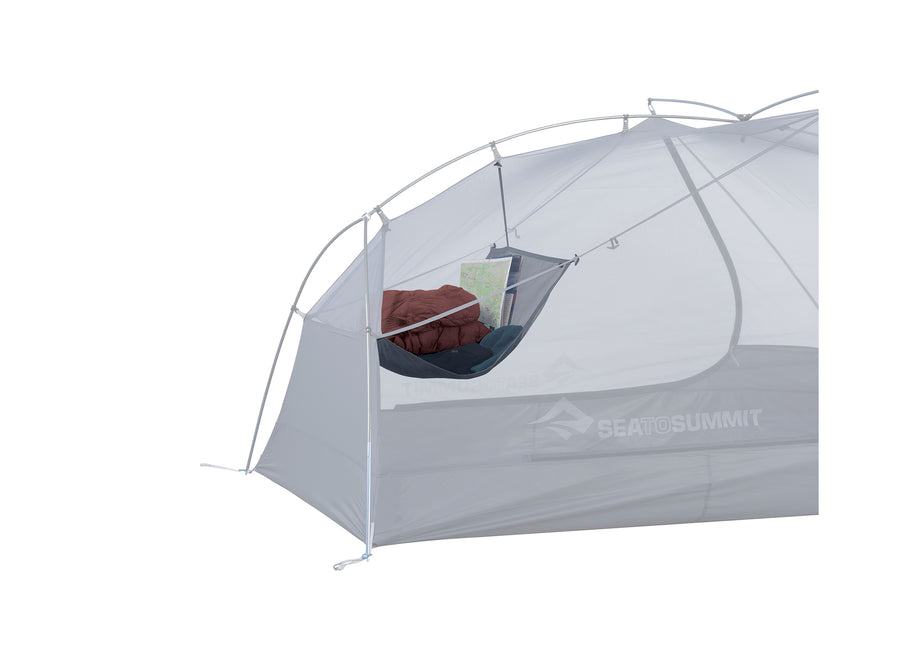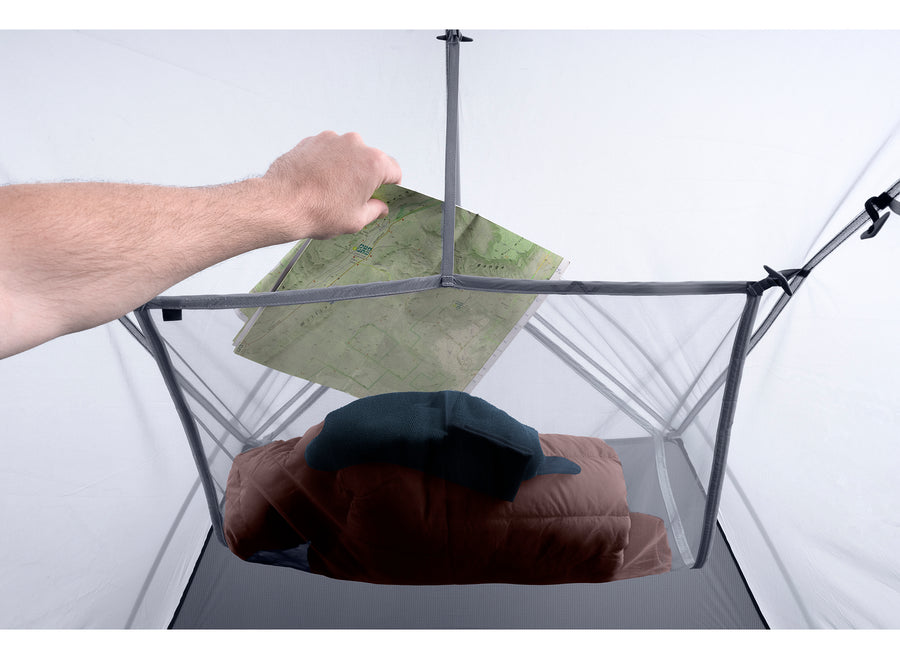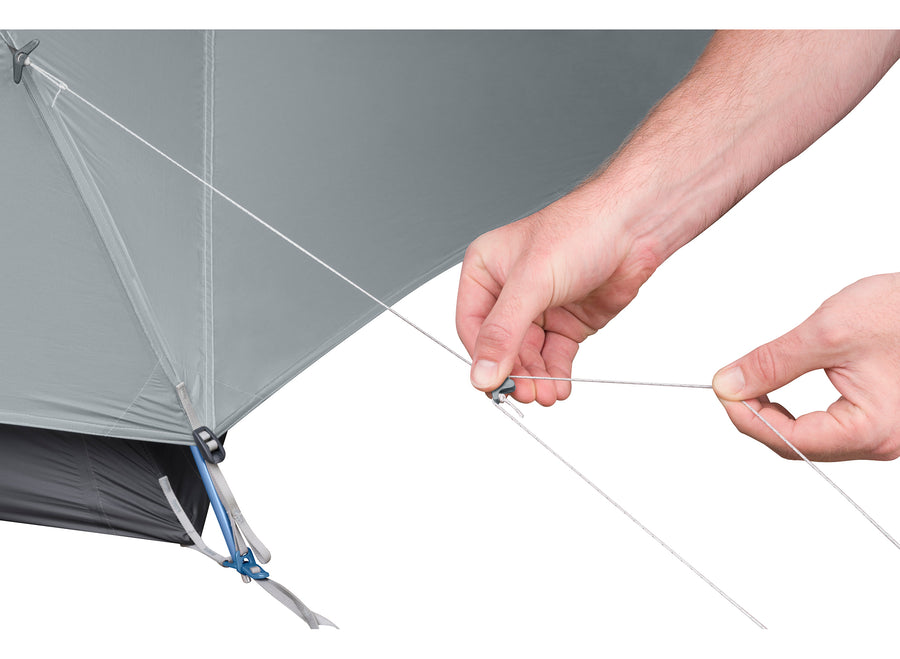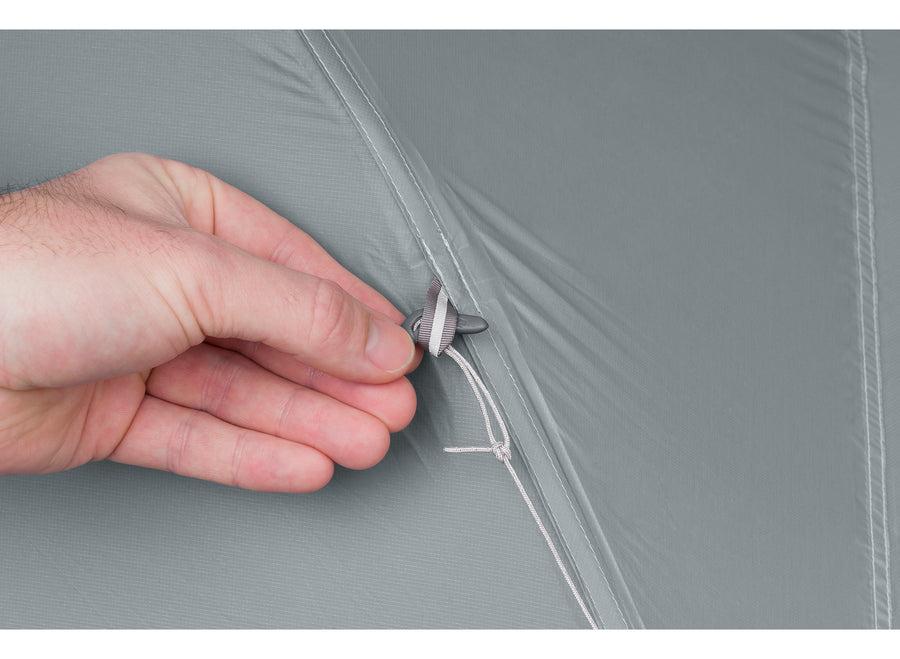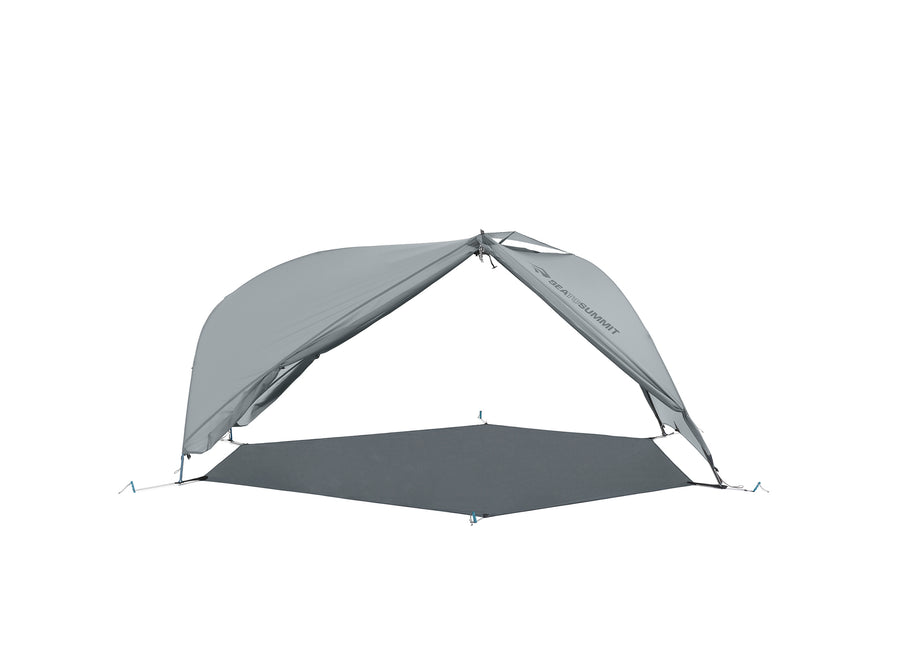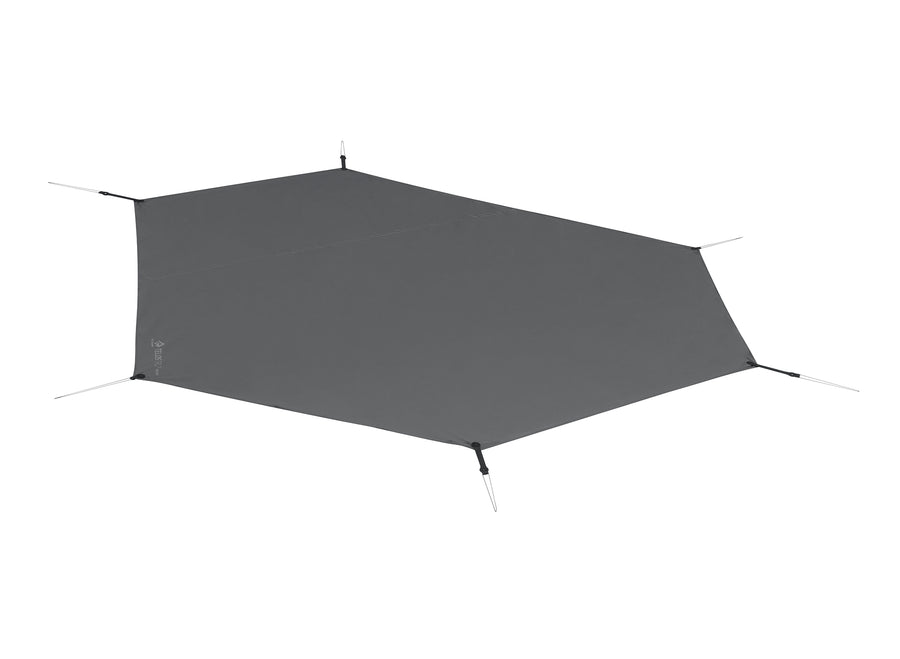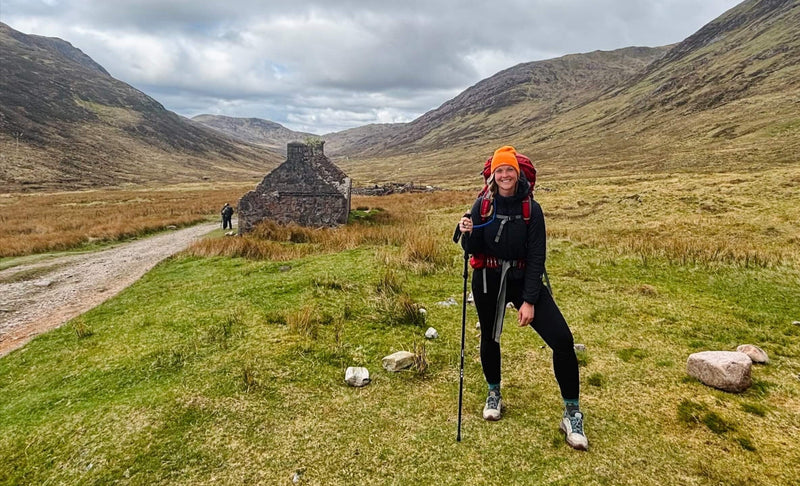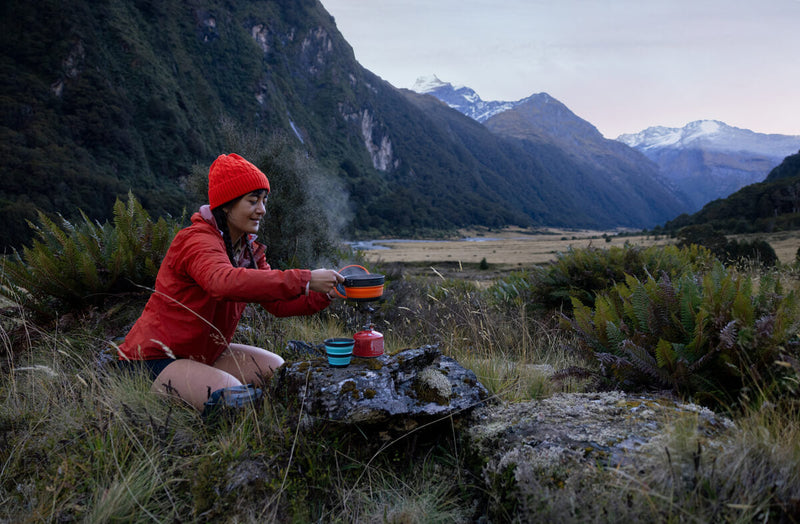19 Things I've Learned While Bikepacking The World
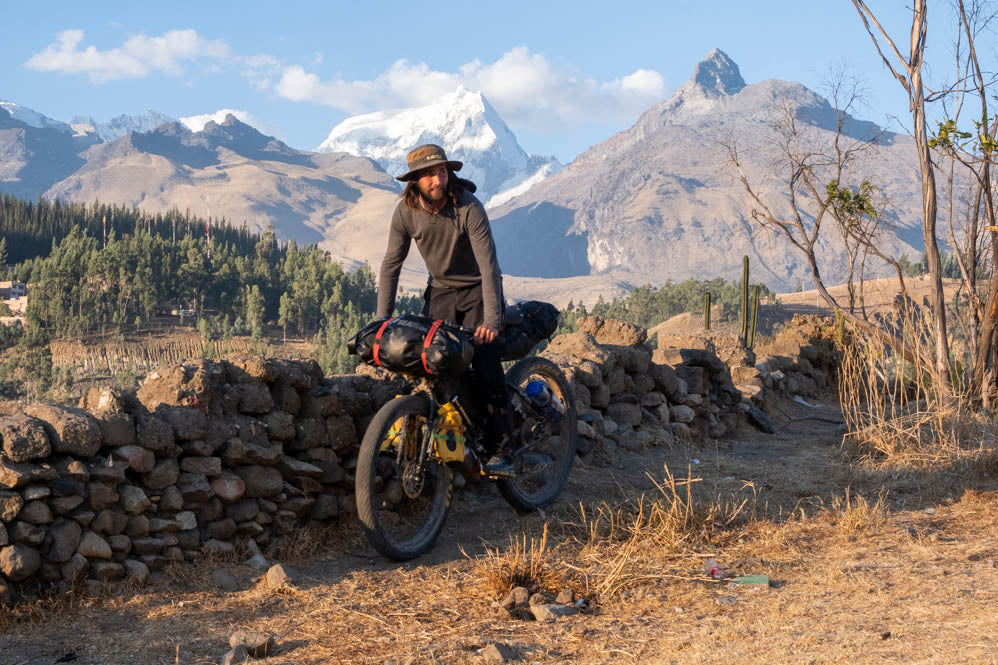
I didn’t know anything when I started bikepacking—besides how to tighten a few bolts here and there, change the chain, put some lube on it and hope everything will work out.
Travelling the world on two wheels has taught me a lot—from bike mechanics and one pot wonders, to gear choices and priorities. Most importantly, it’s taught me more about myself and what I would like to get out of my journey.
Through experiences, we are always learning. And any journey on bike is wrought with unforeseeable experiences—from non-stop flat tires to unexpected friendships. It’s what keeps me going back for more.
Here are some of the more important things I’ve learned through the twists and turns of my road. Things I wish I knew when I started and things I am still trying to master.
 Scenic double track descent in the Argentinian Puna
Scenic double track descent in the Argentinian Puna Finding the spot for sunrise, walking in
Finding the spot for sunrise, walking inTorres Del Paine National Park
 Clayton in his second snowstorm in his
Clayton in his second snowstorm in hisfirst week of bikepacking
 Balcon De Pises
Balcon De Pises Chilean Fire Bush ‘Embothrium coccineum’ in Patagonia
Chilean Fire Bush ‘Embothrium coccineum’ in Patagonia Scary river crossings in Patagonia
Scary river crossings in Patagonia
A maze of ridges and climbs through Cordillera Quimsa Del Cruz
1. ASK QUESTIONS
Everyone starts somewhere. I myself was never a cyclist, but I’ve always enjoyed learning new skills.
Over the past year I’ve asked for advice from more experienced bikepackers and sought information on online forums—from cooking recipes and lighting alcohol stoves at 5300m to how to refine my kit for such a long ride.
The bike community is STRONG! People are very generous with their time and knowledge.
2. WEIGHT IS THE ENEMY
Every single pass, I wonder why I am still carrying a four-season tent, a five-season layering system and that half a pack of pasta I’ve been holding onto since Chile.
In my experience, if you haven’t used something for a whole month, chances are you won’t be using it next month either.
To keep weight down, look at what other people are carrying on similar trips. What clothing and tools did they bring? Do they have a pack list you could look at? The wealth of information is out there, just ask.
You can shave off a lot of weight by planning meals and researching water sources and times between towns. And if you’re on a shorter trip near home, dehydrating vegetables is an awesome idea.
Before your trip, consider the duration, the temperature range and climatic conditions to know what your best and worst days will look like.
3. SOME THINGS ARE WORTH THE EXTRA WEIGHT
It’s inevitable that with limited space, and a desire to travel light, compromise has to factor in somewhere. Just remember that some things are worth a little extra weight.
Think about the intention of your journey. What are you looking for? Where are you going? What do you really need?
On my journey, I am predominantly riding my bike, but occasionally I like to go for longer hikes and find trout-filled streams.
It’s nice to have the option to change up the day to day. So, in addition to bike stuff, I like to carry, a 35L hiking bag and a seven-piece fly fishing pole. That way, on my days off, I can climb mountains, enjoy multi-day hikes and sometimes even land a nice sized trout.
4. INVEST IN THE GOOD STUFF

Beautiful morning in Bolivian dry season
Buy reputable stuff, with warranties. My lifestyle at the moment can be arduous—and stuff breaks often. But I can breathe easy because I get my gear from companies that back their products—and are willing to help you out when you’re 4000km from their nearest retailer.
Invest in stuff that you want to use! My two favorite pieces of clothing were bought second hand just over two years ago. I wear them so much that they have become an extension of myself. Through the years, the discoloration, tears and paint stains have created a canvas of memories that I value deeply. I hope will one day these will keep my kids warm.
My bike is second hand too! That’s the beauty of good quality stuff—it really goes the distance.
5. RIDE AND DIY

Attacking endless drive train problems
If you don’t want to be disappointed by a service or repair job, learn to DIY. The sooner, the better.
Use YouTube and ask your bike mechanic if you can watch them during services. I am constantly hearing stories of people leaving their beloved gear, and bikes, in the hands of people without the same love. It’s disheartening, but it happens.
Bikes are incredibly simple machines. You can solve most problems using very basic tools.
6. (ALMOST) ALL PEOPLE ARE GOOD!

Some of the very generous Bolivians met along the way
Before my departure, my mind was constantly rambling with thoughts of worst-case scenarios. I was terrified of having things stolen, being robbed, losing things, lightning storms and not knowing where my campsite would be—amongst a million other things.
Once the wheels start rolling and you see the smiles, feel the hugs and smell a free meal cooking away, all these terrifying fears evaporate. Strangely, but surely, things always work out.
Generally speaking, most people around the world are incredibly generous towards travelling cyclists. I’ve been force-fed lunch by numerous people whose yearly wage would total less than my camera. I’ve been trusted with the keys to a local artist’s house after knowing her a mere minute. I’ve even been given gear to support my journey by some generous companies.
Though sometimes bad stuff happens, for the thousands of good deeds, it’s hard to be let down by a couple of bad ones.
7. IT’S POSSIBLE TO AVOID MOST OF THE BAD STUFF
One of my favorite trail tales is of a fellow that rode a bike around the world for four years. The only bad thing that happened to him was a theft in remote Siberian Russia, leaving him with an empty wallet. He then proceeded to ask his robber for directions, which he happily provided.
Although it does happen occasionally, I think prevention goes a long way regarding bad things happening. Some general rules I go by to avoid the bad stuff are:
- Trust your intuition—if something doesn’t feel right, get out of there.
- If you feel like you should lock your bike, lock your bike.
- Minimize time spent with people who are drunk. It always ends badly.
- Avoid congested areas with human traffic (the only time I’ve ever encountered pickpockets).
- Seek out gravel. Avoid roads with masses of traffic, trucks and fast moving cars.
- Don’t ride at night.
8. OUT OF SIGHT AND OUT OF MIND

Camping in an icefield at 5300m near Corona Del Inca
If I’m wild camping I always remain out of sight of nearby roads or gravel—away from footpaths or trails that might see early morning walkers or animals passing by. I never set up my tent if I know people are watching or can see me, and I always wait for any oncoming cars to pass before slipping away for the night.
I very rarely have fires unless essential for cooking. If you’re doing a lot of wild camping, fires are a sure way to draw unnecessary attention to yourself. And, without attention, they can leave a lasting stain on beautiful places. Additionally, I try to keep lighting to a minimum if I know there is potential of people seeing me.
9. YOU ARE WHAT YOU EAT
The body needs nourishment, vitamins and minerals to power your journey and to recover. As often as I can, I carry fruit and vegetables to supplement my meals for as many days as possible.
Lots of vegetables are portable, including onions, potatoes, garlic, carrots, beans, beetroot and, with some care, tomatoes and even greens can last a while. Additionally, spices and stock cubes will make you wonder how such a delicious meal could ever be made in a single pot.
10. WE CAN DO BETTER THAN LEAVE NO TRACE

Approaching Volcan Uturuncu
Go beyond Leave No Trace principles—and try to leave places better than you found them. Let the next person who visits be as inspired as you. Your hard efforts will be rewarded in good karma.
To maintain good river ecology, don’t wash your dirty pots or clothes in rivers. Get what water you need and wash anything on dry ground. Frogs, fish and a whole host of other beautiful aquatic creatures are affected by the residual oils, food waste and soaps.
11. ORGANIzATION MAKES LIFE EASIER

An organized morning.
To avoid miserable days and nights, invest in some dry sacks to keep things dry and organized. They make things easily accessible and help you breathe easy when tough times strike.
I use my dry bags to separate day-to-day essentials like warm clothes and rain gear, electronics, tent and sleeping bag. Bulky stuff like my tent and sleeping bag get a dry compression sack to maximize usable space. Everything has its place and its own color.
Organization is an ongoing battle, I have found that matching specific tasks to different areas of my bike helps avoid time fluffing around and repacking.
When laying my bike on its side, I can access all food, water, fuel and cooking utensils I need for any meal.
If going on longer trips without resupply, don’t worry if your bike looks a little silly. Strap extra pasta, rice and food to your frame. Use 4–6L dry sacks to carry extra fruit and veg. They can be clipped to your handlebars to free up space in your bags.
Don’t underestimate how good collapsible water storage is—especially for those dry camps. They use little space, are very durable and can serve as a part of a water filtration system. Just strap them anywhere you need.
12. YOU’RE NEVER ALONE!
I went a really long time before finally feeling lonely on the road. But when it did finally hit, it was a solid blow.
Having so much time to yourself accentuates both the highs and the lows. I’ve had tears freeze to my cheeks from being overjoyed and I’ve had 10 punctures in a day. Life on the road can be super tough. Especially when you have compounding factors such as prohibitive budgets, bike problems, weather, dirty clothes and a brutal headwind.
Reach out during the hard times. Sometimes all you need is a hug or someone to talk to besides the llamas. By sharing my story, I’ve gained so many new friends and an incredible support network for when things get tough.
Tell people if they inspire you, ask others about their story. Tell them they take sweet photos or have a great smile. Something as simple as a nice comment truly makes my day, I cannot emphasize how valuable such small acts of kindness can be.
13. TRY TO HIDE YOUR MONETARY WEALTH

When the road ends and climbing the contour lines starts.
Some roads out here have never seen a gringo’s bike tires. Let alone a gringo. The sight of me has even resulted in screaming, terrified children—which is super disheartening and burns pretty deep.
I often think about the impact of my journey through these areas—and try really hard to minimize any real effect on the local people. Mostly, this just requires being respectful.
Don’t point a camera at locals, until you have the general vibe of the town. Always have a conversation first and always ask for permission.
If I’m unsure about a town, I dismount my solar panel. And, even on my toughest days, I try to maintain a smile and offer a handshake and some small talk for anyone curious enough to say hi.
Most importantly. Avoid talking about money. If someone asks you how much your bike is worth, don’t tell them. Make up anything to avoid a monetary figure. I tell people that my bike was a present from my family and that I have no idea of its true cost. The last thing you want to reinforce is the toxic ideology of western wealth as happiness.
14. BLEND IN
Be respectful. If there are cultural norms, social norms or dress codes, follow them. Try to learn the native language if it differs from your own. Even the most basic attempts to fit in are appreciated by locals.
15. LOVE YOUR BIKE

Camping at a cliff’s edge abandoned Bolivian Soccer Field.
Basic bike maintenance goes a long way. Take care of your bike and it will take care of you. Replace necessary parts and components before a long journey, especially when visiting countries with limited bike services. Listen for strange sounds and try to fix problems as they arise. Avoid punctures and save weight by going tubeless, if possible.
16. IF IT AIN’T BROKE, DON’T FIX IT
It’s easy to get caught up in the endless cycle of wanting more, replacing gear and fitting a certain image.
Social media is a total gold mine for ideas on packing, gear and set-ups. However, it’s a double-edged sword. You don’t need all the latest and greatest to get started, or to string together a multi-year journey. Some of the most inspiring people I’ve met on this journey are the ones with nothing. I met one guy who had ridden 7000km over six months, without spending a cent.
You’ll have more fun riding remote gravel trails for longer, than buying a carbon fiber wheelset. I often relate purchases to days on the road. I could buy this new thing, or spend a month creating memories climbing mountains and riding remote Andean gravel.
17. STAYING MENTALLY FIT IS HALF THE BATTLE

Scenic river crossings in Patagonia.
I often need to remind myself what it is I want to get from such a journey—inspiration, experience, valuable human relationships and to be overwhelmed by our earth’s wild places.
Be prepared for your goals to change, as they do often. This is totally fine—as long as you are still enjoying yourself. It’ll quickly become evident what’s important to you, where you like riding and the kinds of roads and places that inspire you. With or without other people.
I have met many people whose journeys are dictated by numbers, rather than their experience. From people trying to cycle the 500,000km distance to the moon to those counting every daily dollar spent on a worldwide tour. Some people enjoy this challenge, but it’s not for everyone.
I was once in a similar mindset—goals, kilometer counts and budgets were part of my day-to-day. But somewhere along the way I found a love for more remote, isolated roads that sometimes don’t even make the map. I’ve since realized that, for me, keeping count adds unneeded stress to my journey. It takes away from my experience and chance encounters along the way—so I’ve tried to let go of them.
18. BIKE ADVENTURES ARE FOR EVERYONE
The power of such a simple machine to break down barriers, forge friendships and create lifelong memories blows my mind every day. I’ve met families travelling on tandems, heard of pregnant women touring and have met many solo female travelers. All have a story, and all are equally inspiring. Bike adventures can be as difficult or as easy as you like, or as long or short as you please. The rewards are still the same—and even the smallest outing is enough to relive childhood memories, spark a sense of adventure, help you breathe a little easier, or clear the cluttered mind.
19. PAYING IT FORWARD KEEPS THE DREAM ALIVE
I never really rode bikes before my recent journeys. Now I wonder what my life would be without one. It’s hard to explain how two wheels has added such direction to my life. Through my journey I’ve made lifelong friends and slept on many lounges—and have cried from the generosity of total strangers more than once. What goes around, comes around. If you want to become part of this awesome community, try signing up to warmshowers.org.
